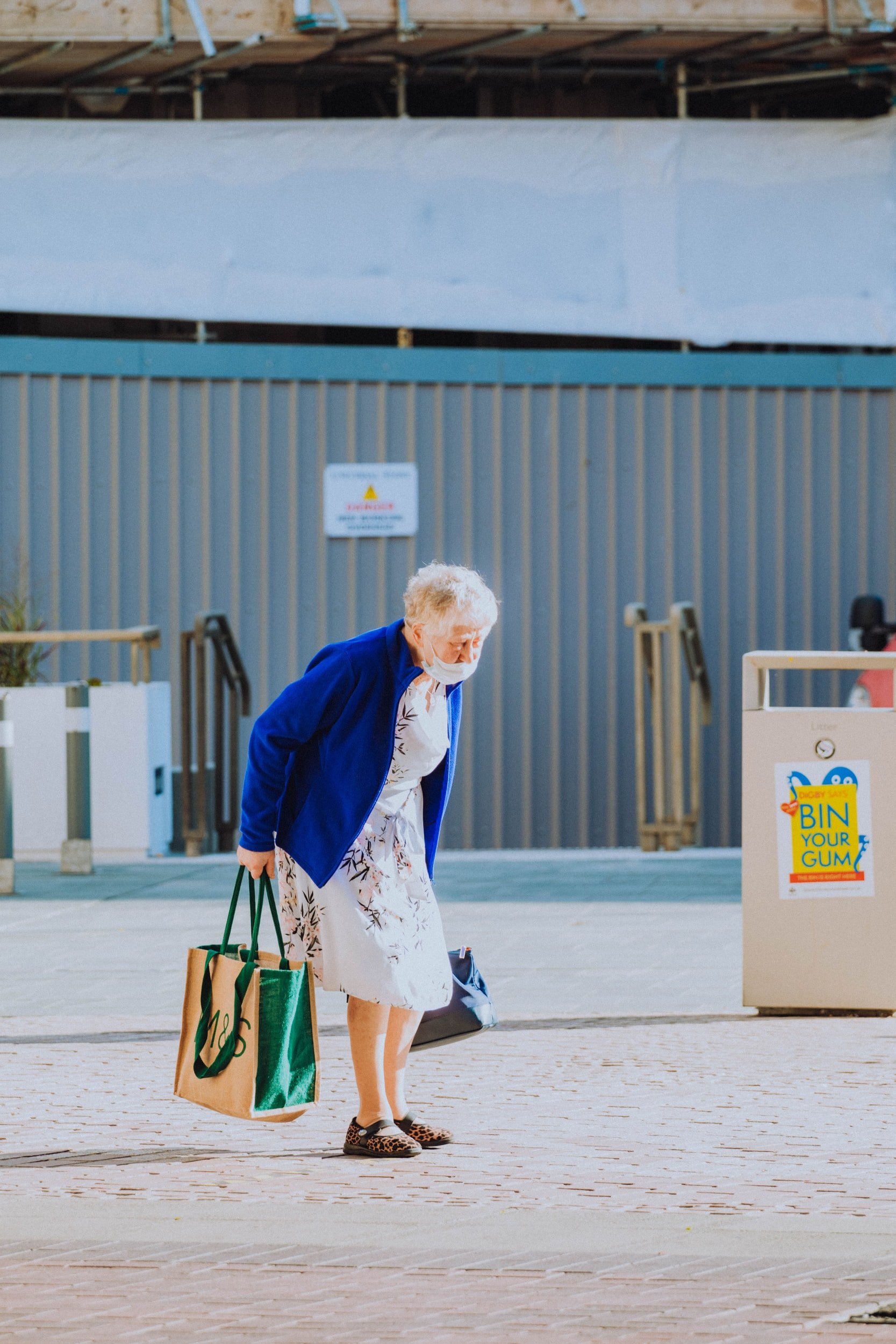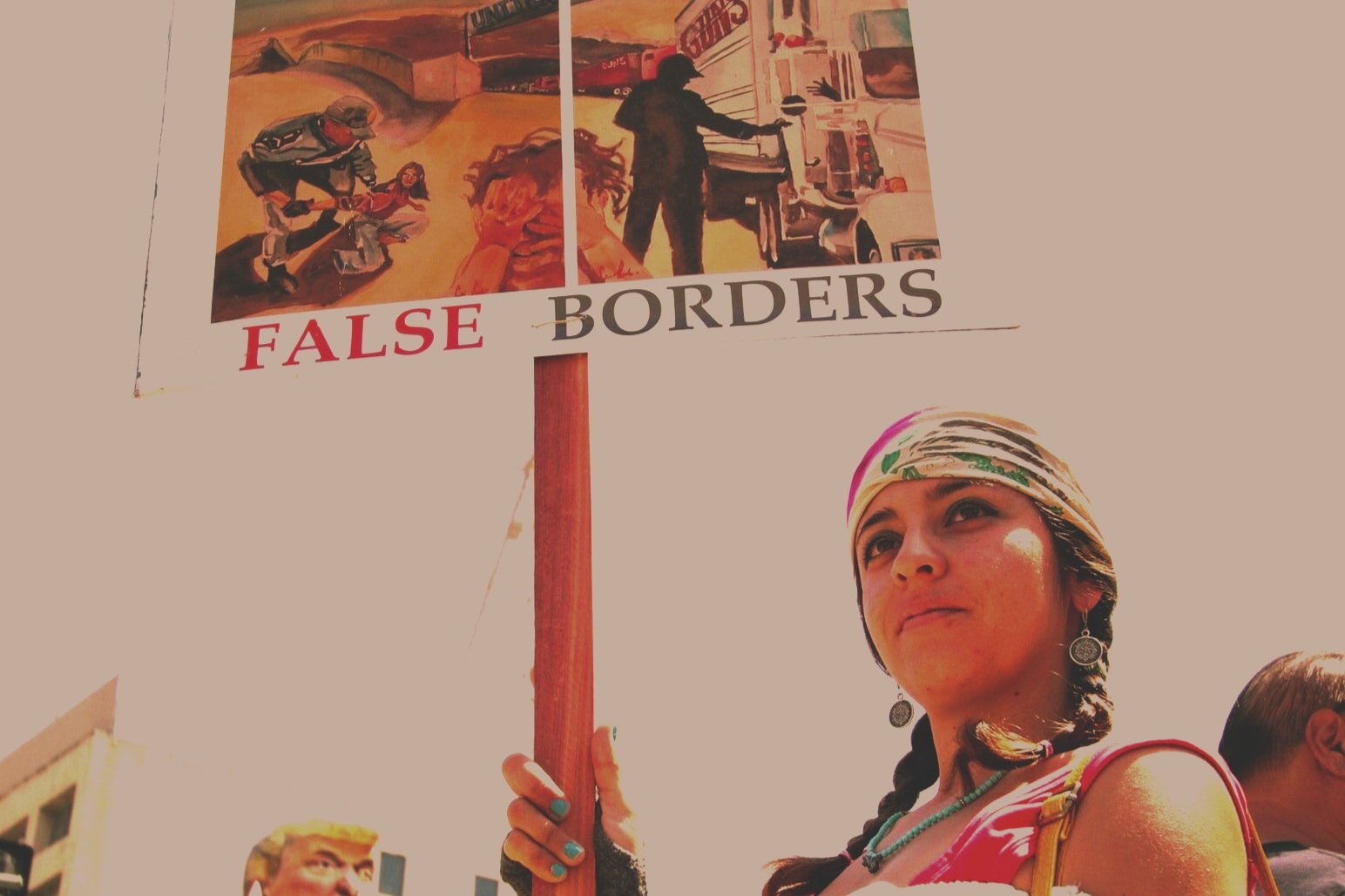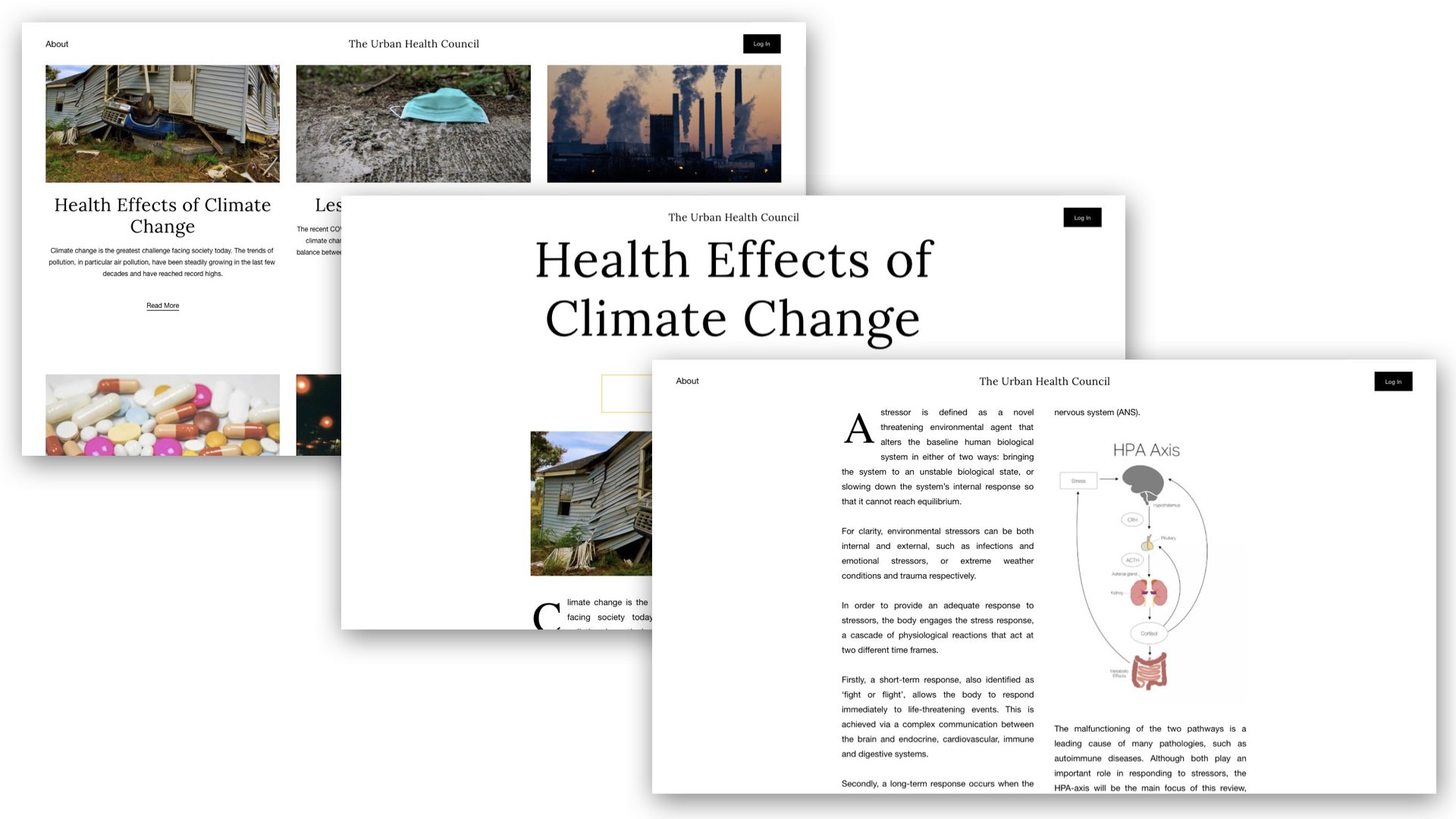
What would an NPPF look like from an Ecological Justice framing?
Taking on an Ecological Justice approach to the NPPF requires a foundational shift to the role and motivations around planning and the relationship with land in the UK.

Ecological Justice, a new programme in development
Hannah Yu-Pearson joins the ecosystem this year and will be researching, investigating and shaping the Ecological Justice programme.

Launching the Community Health Impact Assessment Peer-to-Peer Co-learning Programme
Urban planning and economic development promise a lot. However you’d expect the trickle down effect of ~£35bn per year in real estate development would start paying some social health dividends. It appears however that the only thing that trickles down is the bad stuff.

Gendered Health Event Video
The recording of the virtual Q&A that supported the launch of the ‘Gendered Health’ series.

Urban Life in 2035 - Workshop Summary
A summary of a recent Place group workshop imagining how a changed climate in 2035 might influence 3 demographics health.

Introducing a new events format
Introducing the new format for the Urban Health Council events

New Report: Depression as a Brain/Body Disease and its Links to Air Pollution
Depression is often framed as a mental health problem, however, the more we understand the more we uncover its physical symptomology. Additionally, it is important to understand how environmental factors, such as air pollution are contributing to its prevalence.

New Event: Urbanisation & Disease Development
This event discusses the role of urbanisation on disease development. It centres around the latest reports that specifically address the diabetes and obesity which are often portrayed as behavioural failures rather than complex multi-system dysregulations that urban life contributes towards.

New Report & Podcast: Obesity & Trauma
This report will take an ecological approach, focusing on the bidirectional pathway between trauma and obesity to highlight the disparity between scientific evidence and communication around obesity, as well as the psychosocial factors that contribute to, and maintain, this disparity. This is to ensure health organisations and policies support a holistic and equitable prevention strategy for obesity.

New Report: The Environmental Factors of Diabetes
We are going to use diabetes as a case study to produce three learnings. (1) Genetics are not the full story when it comes to non communicable diseases such as diabetes. (2) Understand that disease prevention and even cure is not just in the confines of medical institutions. (3) The need for geospatial studies to understand the interlink between diabetes and place.

New Audio Report: The History of Disease
This audio report discusses three epidemiological transitions and how our modern environments are not suited to our biological architecture. New perspectives such as the ‘ancestral susceptibility hypothesis’ suggests that there is a mismatch between the ancestral environments our bodies have adapted to (at a genetic level) over millennia.

New Report: Health as Ecological
This report lays out why there is a need to understand the history behind framing health as “individual choices” or “behaviours” to better appreciate what an ecological health approach looks like and its significance in eradicating health inequities.

2022 Community Town Hall
Please join us as we discuss some of the most salient points of 2021 and discuss what the Urban Health Council will be covering next year.


Programme for 2022
In 2022, Centric Lab is setting up infrastructure and tools for Healing Futures - various futures created by all Peoples in Kinship with Nature for equitable access to various healing practices and knowledges. Below are the four themes for 2022.

New Event: Urban Health Council workshop on ‘Using Data for Health Justice’
Data is a tool that provides facts and statistics as a framework for observing various phenomena, which is then used to make decisions. However, it is not the phenomena itself, this misunderstanding is contributing to various health inequities and a relational gap between communities and practitioners. We will be discussing this gap in order to create a better understanding of the uses of data in health justice.

Launching a Data Culture Framework for Health Justice
Data does not operate in a vacuum as every part of the process is coloured by top down factors such as culture. Which data is collected, how it is analysed and the insights drawn from data are all decision points practitioners have to make and all practitioners belong to a specific culture which influences them.

New Event: Urban Health Council Workshop on ‘Location, Lived Experience, and Communities’
This workshop will look at the strategies and methods to successfully engage with communities and their lived experience.
This workshop combines the learning from the three reports and is presented in a lecture, discuss, and exercise format.

New Report: Equitable Working with Community Expertise
In this report, we look at equitable engagement with community expertise and why it is essential to move towards equitable health solutions. We will define ‘equitable engagement’; reframe the relationship between community and science; and provide a ‘How To’ manual.

